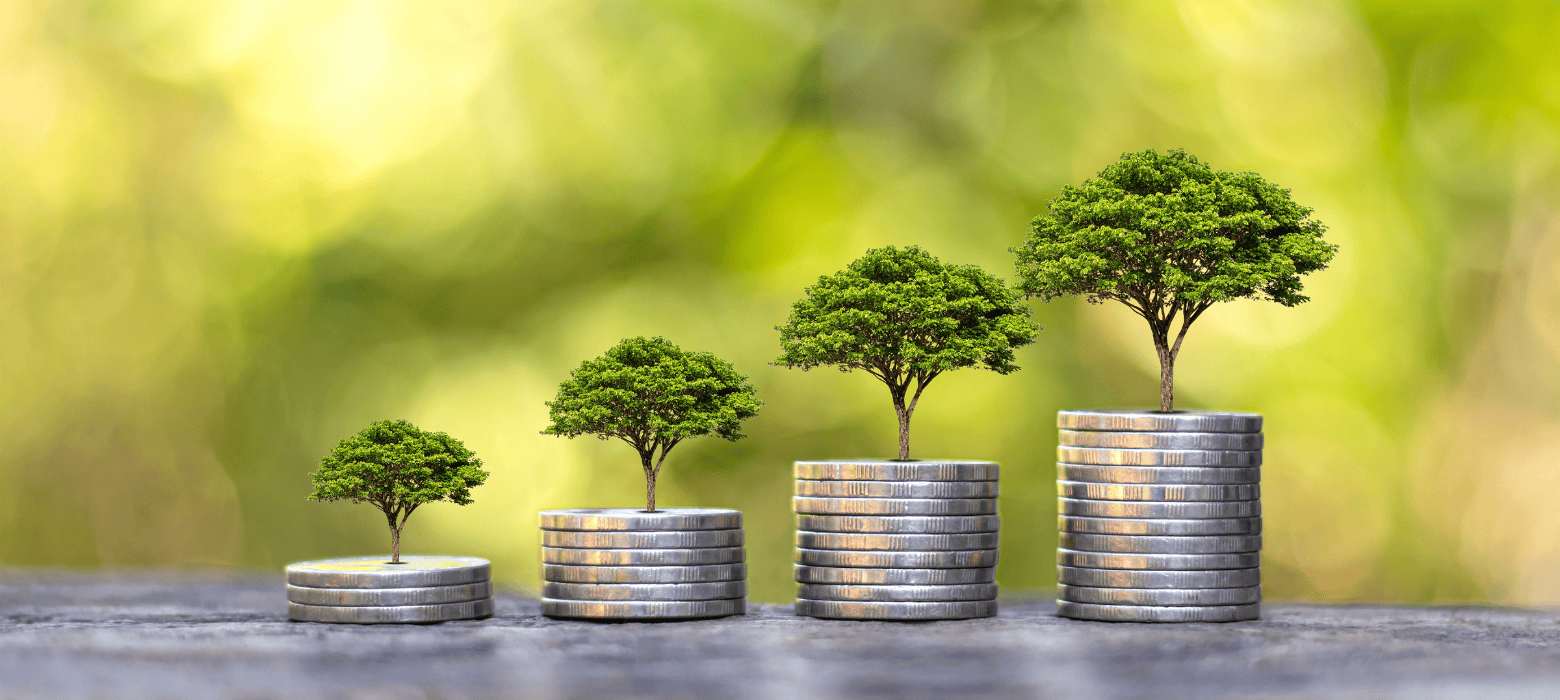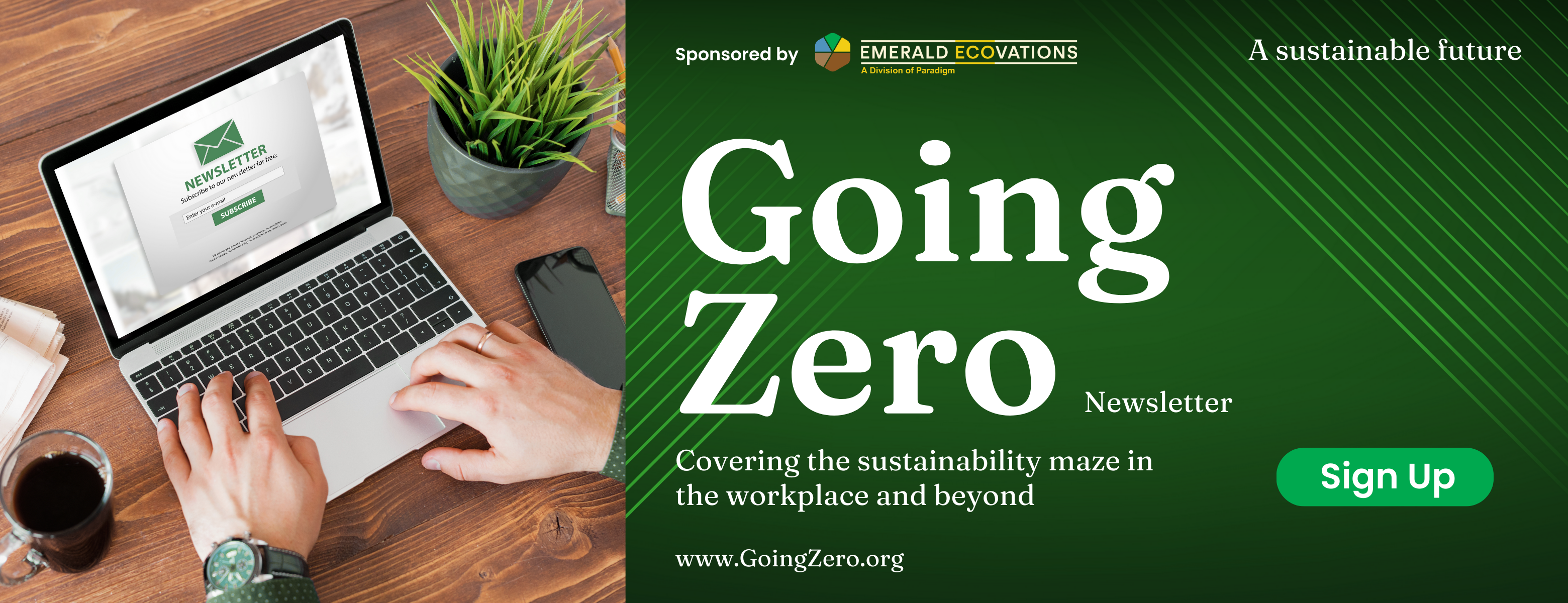
In recent years, sustainability has moved from the periphery of business strategy to its core. Economic factors play a pivotal role in driving sustainability, influencing how businesses operate, innovate, and interact with stakeholders.
For business leaders, understanding these economic factors is crucial to developing sustainable business practices that not only benefit the environment but also enhance profitability and competitiveness.
Overview of Economic Factors Influencing Sustainability
Economic factors that influence sustainability include the cost of raw materials, energy prices, consumer preferences, and regulatory environments. These factors can either drive or hinder the adoption of sustainable practices. For example, rising energy costs might motivate a company to reduce energy consumption or invest in renewable energy sources, thereby promoting sustainability.
These factors can be broadly categorized into costs and savings, market demand, regulatory incentives, and risk management.
- Costs and Savings: Implementing sustainable practices often requires an initial investment. However, these practices can lead to significant cost savings in the long term. For example, energy-efficient technologies reduce utility bills, and waste reduction strategies lower disposal costs.
- Market Demand: Consumer preferences are increasingly shifting towards sustainable products. Companies that align with these preferences can capture new market segments and enhance brand loyalty.
- Regulatory Incentives: Governments offer various incentives for businesses to adopt sustainable practices, such as tax credits, grants, and subsidies. Compliance with environmental regulations also avoids penalties and enhances corporate reputation.
- Risk Management: Sustainability helps mitigate risks related to environmental degradation, resource scarcity, and regulatory changes. Businesses that proactively address these risks are better positioned to thrive in a dynamic market environment.
The Business Case for Sustainability
Cost Savings and Efficiencies
Sustainable practices often lead to significant cost savings. Energy efficiency measures, such as upgrading to energy-saving appliances or implementing more efficient production processes, can drastically reduce operational costs. Plus, waste reduction through improved resource management can minimize expenses associated with raw materials and waste disposal.
Investing in energy-efficient technologies and practices can significantly reduce operational costs. For example, LED lighting, smart thermostats, and energy management systems help lower energy consumption.
Revenue Generation from Sustainable Products and Services
There is a growing consumer demand for products that are environmentally and socially responsible. Companies that adapt to this demand by offering sustainable products often see an increase in revenue, as these products frequently command a premium price.
Designing products with sustainability in mind can lead to competitive advantages. This involves using eco-friendly materials, minimizing resource use, and designing for recyclability and durability.
Risk Management and Investor Relations
Sustainability is increasingly becoming a criterion for investment decisions. Investors are more likely to commit to companies with robust sustainable practices, as these companies are viewed as better long-term bets due to their reduced regulatory and reputational risk. Addressing environmental and regulatory risks proactively helps avoid potential fines, legal issues, and reputational damage.
Sustainable Business Practices
Green Supply Chain Management
Implementing green practices throughout the supply chain is essential for reducing a company’s environmental footprint. This includes choosing suppliers who prioritize sustainability, using sustainable materials, and optimizing logistics to reduce CO2 emissions.
Energy-Efficient Operations
Businesses can achieve significant energy savings by optimizing their energy use and investing in renewable energy sources. This not only reduces costs but also decreases the carbon footprint.
Sustainable Product Innovation
Sustainability drives innovation, operational efficiency, and resilience, making companies more competitive in the global market. Innovating products with sustainability in mind is crucial. This could mean designing products that use fewer resources, have a longer lifespan, or are fully recyclable at the end of their life cycle.
Case Studies: Industry Leaders in Sustainability
Patagonia
Patagonia, a leading outdoor clothing brand, is renowned for its commitment to sustainability. The company invests in ethical sourcing and promotes a circular economy through its Worn Wear program, which encourages customers to buy used items and trade in their old gear. The company also invests in renewable energy and advocates for environmental protection through its corporate activism.
IKEA
IKEA has integrated sustainability into its business model by focusing on renewable energy and sustainable sourcing – investing heavily in solar and wind energy to power its stores and facilities globally.
The company aims to be climate positive by 2030, meaning it will reduce more greenhouse gas emissions than its value chain emits. IKEA also promotes sustainable living by offering affordable, eco-friendly products.
Unilever
Unilever’s Sustainable Living Plan aims to decouple growth from environmental impact. The company focuses on reducing waste, water use, and greenhouse gas emissions across its supply chain. Unilever’s sustainable brands, such as Dove and Ben & Jerry’s, have outperformed others, demonstrating the economic benefits of sustainability.
Impact of Economic Policies on Sustainable Practices
Government incentives, such as tax breaks or subsidies for green technologies, play a crucial role in promoting sustainability. Conversely, lack of support or unfavorable policies can pose significant barriers to the adoption of sustainable practices.
Addressing Common Challenges
Despite the clear benefits, integrating sustainability into business practices can present challenges. However, with strategic planning and a commitment to long-term goals, these obstacles can be effectively managed.
- Initial Investment Costs: The upfront costs of sustainable technologies and processes can be daunting. Businesses can overcome this by seeking financing options such as green loans, government grants, and partnerships with investors who prioritize sustainability.
- Changing Consumer Behavior: Shifting consumer habits towards sustainable products can be slow. Education and transparent communication about the benefits of sustainable products are key to driving consumer demand.
- Supply Chain Complexity: Ensuring sustainability across a global supply chain is complex. Businesses can address this by working closely with suppliers, setting clear sustainability standards, and using technology to track and manage supply chain practices.
- Regulatory Compliance: Keeping up with evolving environmental regulations can be challenging. Staying informed and engaging with industry groups can help businesses anticipate and adapt to regulatory changes.
The Role of Leadership in Driving Sustainability
Leadership plays a crucial role in embedding sustainability within a company’s culture and operations. Business leaders must lead by example, demonstrating a commitment to sustainable practices and integrating sustainability into the company’s vision and strategy.
- Vision and Commitment: Leaders should articulate a clear vision for sustainability and commit to long-term goals. This vision should be communicated consistently to all stakeholders.
- Empowering Employees: Employees are key drivers of sustainability initiatives. Leaders should empower their teams by providing the necessary resources, training, and support to implement sustainable practices.
- Collaboration and Partnerships: Collaboration with other businesses, governments, and non-profits can enhance sustainability efforts. Leaders should seek out partnerships that align with their sustainability goals and leverage collective expertise and resources.
- Innovation and Adaptability: Sustainability requires continuous innovation and adaptability. Leaders should foster a culture of innovation, encouraging experimentation with new sustainable technologies and practices.
Future Directions
The integration of economic factors and sustainable practices is proving to be a strategic advantage for businesses. The shift towards sustainability is not just a trend but a fundamental change in how businesses operate. As more companies embrace these practices, the future looks promising for both business growth and environmental preservation.
The importance of economic factors in sustainability is undeniable, and understanding these relationships will continue to shape the strategies of business leaders. The examples of industry leaders like Patagonia, IKEA, and Tesla serve as benchmarks for what is achievable. As we move forward, the synergy between economic viability and sustainability will define the new era of business leadership.
Related Articles
How does compost contribute to the sustainability of food production?
As the world moves towards more sustainable practices, composting is becoming a cornerstone in transforming food production. It leverages organic waste management to enrich soil, reduce pollution, and promote the recycling of nutrients. According to the Environmental...
Can you compost paper plates?
As of 2020, the United States generated approximately 292.4 million tons of waste, with only about 32.1% being recycled or composted. For leaders in the food service sector, it's crucial to understand your role in this dynamic and explore options for sustainable...
Are Paper Plates Compostable? A Simple Guide
Are paper plates compostable? It depends on the type of paper plates you buy. Emerald Ecovations Tree-Free plates are eco-friendly and commercially compostable.
Discover the Advantages of Kraft Paper Bags for Eco-Friendly Packaging
Explore the advantages of kraft paper bags for sustainable packaging, highlighting their eco-friendliness, versatility, and positive impact on the environment.
The Truth About Cheap Laundry Detergent
“Discover the hidden truths about cheap laundry detergent. Uncover its effectiveness, potential drawbacks, and how it impacts your laundry routine and budget.
“
Exploring the Versatility of Disposable Cups with Lids: A Guide
“Discover the versatility of disposable cups with lids in our comprehensive guide. Explore eco-friendly options and sustainable choices for every occasion.
“






